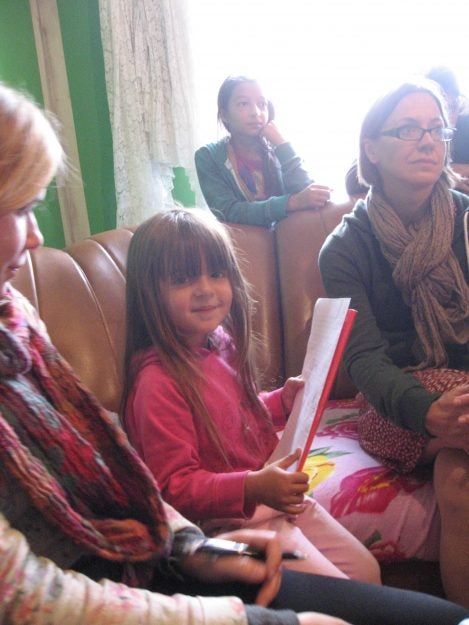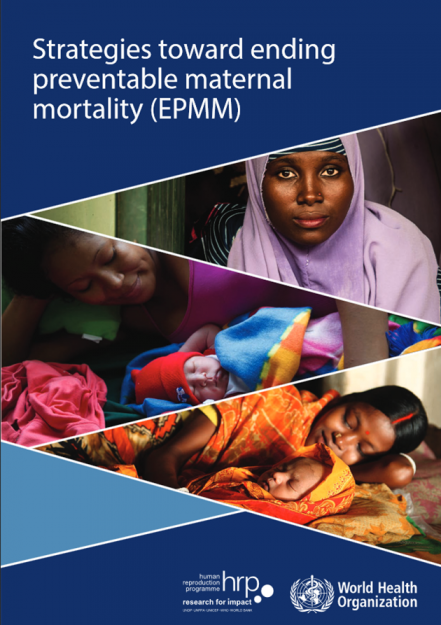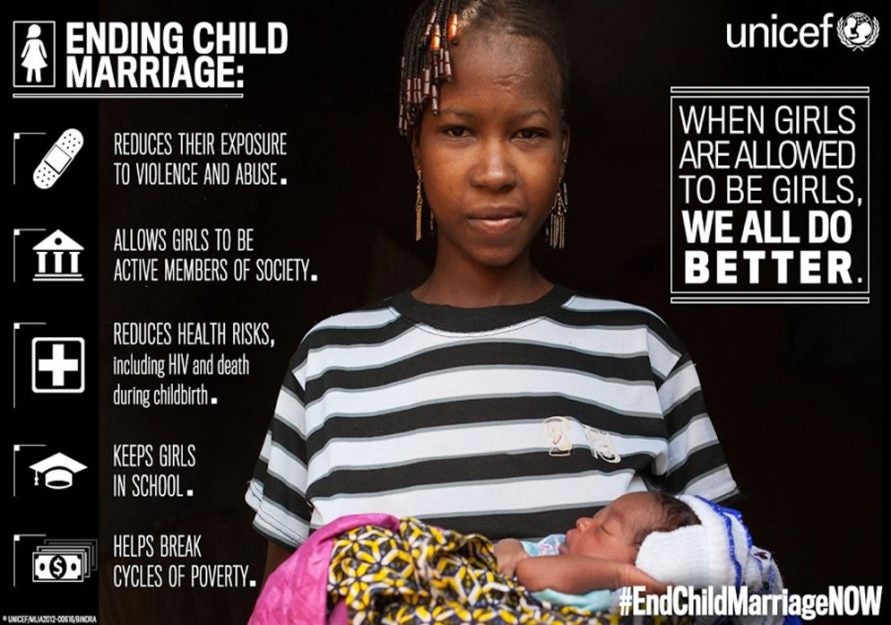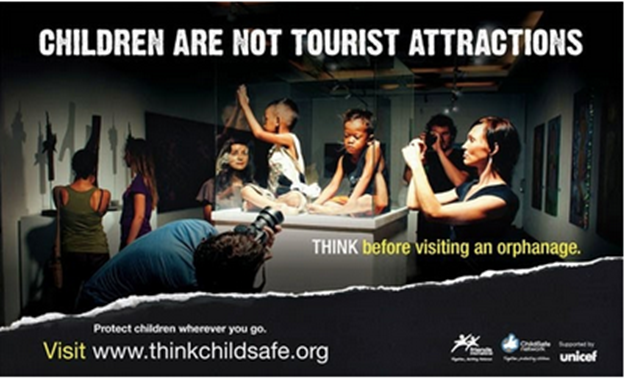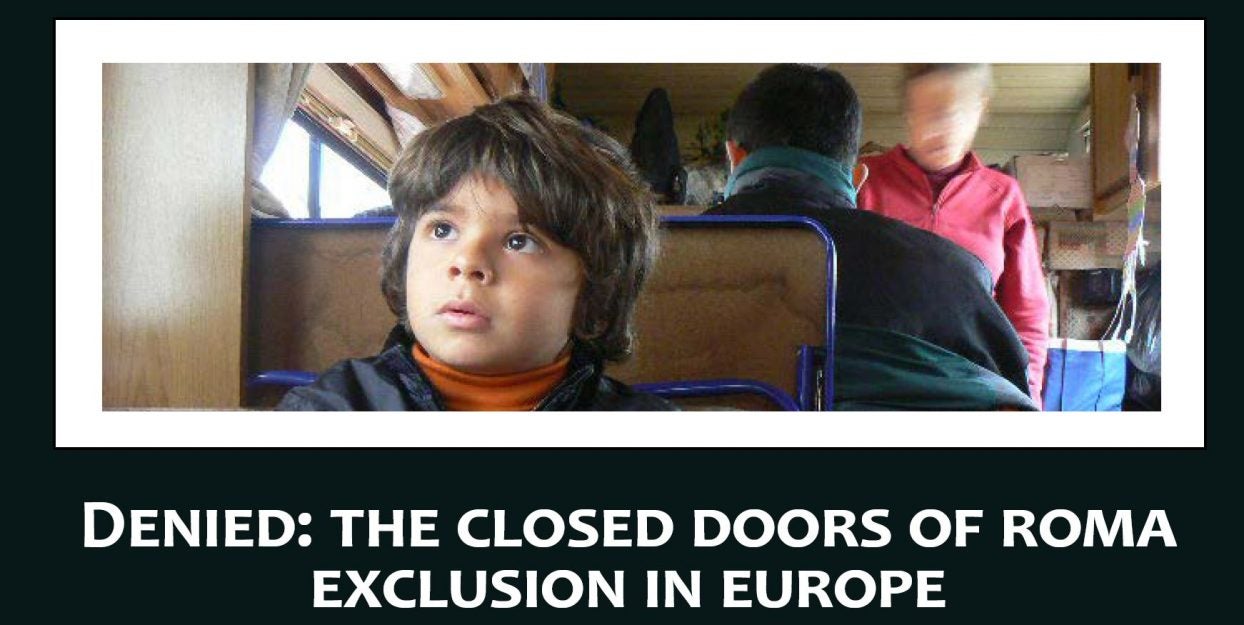by Margareta Matache and Arlan Fuller “The Roma movement has not been yet ready to…use protest, as a strategic pressure tactic.” May 27, 2015. School segregation stands as a stark expression of historic and current injustice against the Roma in Europe. In spite of legal and policy measures that now exist, the practice has neither stopped nor significantly diminished, as emphasized by Harvard FXB and DARE-Net in the Strategies and…
World Health Assembly Spotlight on Maternal & Newborn Health
By Rima Jolivet May 18, 2015. In an important development for the global maternal health community, the long-awaited Strategies toward Ending Preventable Maternal Mortality (EPMM) will be launched at the 68th World Health Assembly, at an event hosted by Cameroon and Malawi and co-sponsored by the contributors to the Every Newborn Action Plan. This event marks the culmination of over two years of consensus work and collaboration with multiple stakeholders…
Continue reading “World Health Assembly Spotlight on Maternal & Newborn Health”
Economic and Social Impacts of Maternal Death
by Tezeta Tulloch “For many girls, the only viable options that remained were early marriage and early motherhood.”* May 6, 2015. What happens when a mother dies? In the West, the most ready and obvious answer is grief – the harrowing emotional and psychological toll of losing a loved one. A mother’s death is largely viewed as a private tragedy that will grow more manageable in time. But in many…
Continue reading “Economic and Social Impacts of Maternal Death”
Child Marriage and the Ghanaian Girl
By Emelia Allan “I know this not only because the research says so, but because of my own experience as a Ghanaian woman…” May 6, 2015. As a member of the Kassena-Nankani ethnic group in Ghana, I grew up seeing my cousins and other girls suffer the pain of female genital mutilation (FGM) and forced marriage too often and usually against their will. Although they detested these acts, not submitting…
Cambodian Children Need Better Alternative Care Options
by Chivith Rottanak “I feel like a duck in a cage, afraid someone will cook me….”* May 6, 205. In 2006 Cambodia adopted its Policy on Alternative Care for Children.[1] The policy is based on the premise that children are best raised in families and in communities, and that institutional care should serve as a temporary stopgap and last resort.[2] Later in 2006, the Ministry of Social Affairs issued a…
Continue reading “Cambodian Children Need Better Alternative Care Options”
Europe 2020 and Roma Rights
by Ashley Collins May 1, 2015. “We are here to celebrate.” With this declaration Harvard FXB Director of Research Jacqueline Bhabha set the tone for the International Roma Day panel held at Harvard University’s Center for European Studies on April 8. This year, which marks the 25th anniversary of International Roma Day, Harvard FXB hosted a panel discussion to both reflect on the challenges facing the Roma in Europe and…

